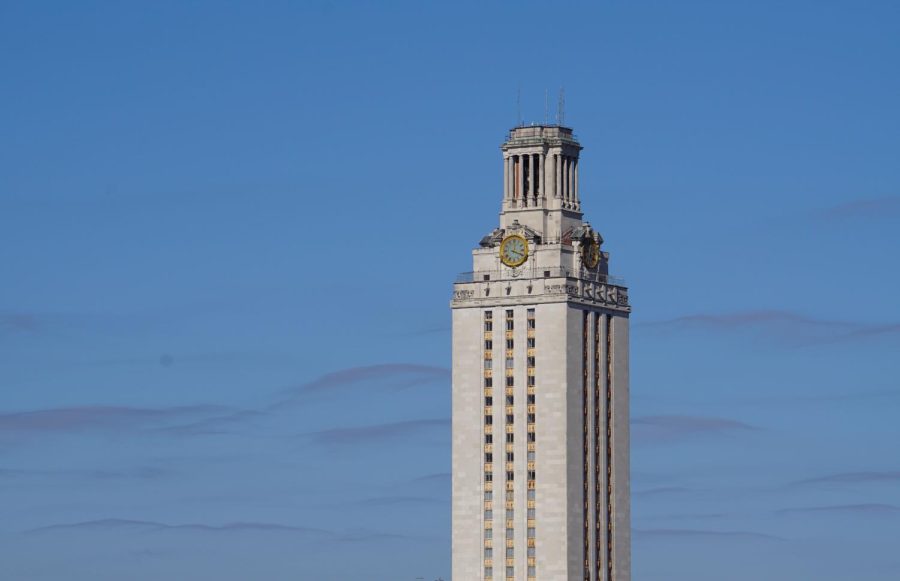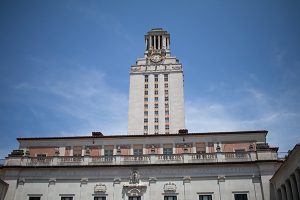UT engineering students plan to restructure Cockrell Diversity Committee
May 10, 2022
Engineering students who pushed for an amendment to add a diversity, equity and inclusion board to the Student Engineering Council are now trying to reform the school’s diversity committee after the amendment failed to be approved two weeks ago.
SEC members voted against an amendment for the creation of a DEI board April 18. Now, the students in support of the amendment are looking to reform the existing Cockrell Standing Committee on Diversity and Inclusion. Students who pushed for the board within SEC said they plan to take some of their plans and apply them to the committee.
“Despite the amendment being rejected, we hope to push for change within Cockrell and hope for the future of DEI within the SEC,” the UT chapter of the American Society of Civil Engineers said in an Instagram post on April 21.
This comes after the Cockrell school released a campus climate survey in February which showed that some engineering students, including women and people of color, felt the college’s climate was not inclusive for them.
Shreya Tamma, a biomedical engineering junior and author of the amendment, said she had meetings with current and past members of SEC leadership and diversity organizations in Cockrell regarding recommendations for the potential board.
Tamma said before the April 18 meeting, students told her the amendment should be shortened to allow future students to adapt the DEI board to their needs. She said that during the meeting, members brought up concerns with the amendment, such as how it would have allowed external members to be a part of the DEI board, despite SEC having an application process to become an internal member.
“There were a lot of people who were hesitant as to whether (the Cockrell School Student DEI Board) had an impact this past year,” Tamma said. “So we’re hoping to revamp that.”Petroleum engineering senior Rahul Mohanram was involved in both the SEC and SNAP, or the collaboration of the Society of Hispanic Professional Engineers, National Society of Black Engineers and Pi Sigma Pi. Mohanram said he was able to serve as a bridge between SNAP and the SEC and connect people to generate ideas.
Mohanram said some members were disrespectful during the SEC meeting, and he wished that behavior was addressed by the Council.
“It was one thing that there were people opposing it, but there’s another thing — the level of disrespect, like the laughing during heartfelt testimonials,” Mohanram said. “And a lot of it was members and former officers.”
Civil engineering junior Caitlin Dubay said the DEI standing committee is currently led by the president of the SEC and the president of the Graduate Engineering Council. Dubay said this DEI committee met four to five times with little to no progress.
“The main thing that I’m trying to do is have a board that’s expanded to all of the engineering organizations, not just the minority ones, to make those communities more inclusive as well,” Dubay said.
Tamma said the restructuring would include the two elected co-leaders that the original amendment featured and bi-weekly meetings to work on DEI projects. According to Tamma, Christine Julien, the assistant dean of diversity, equity and inclusion in the Cockrell School of Engineering, approves of the restructuring.
“I don’t want everyone to be disheartened because we weren’t able to get this amendment passed (through SEC) because it means very little in the grand scheme of things,” Tamma said. “DEI work is going to continue and will always continue.”













